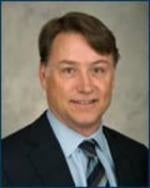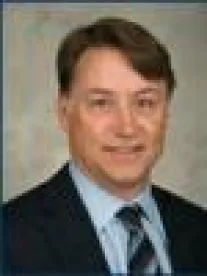Can a gene be patented, or does a gene belong to all of humanity? It has long been held that inventions reflecting the “hand of man” may be patented. It has also long been established that products of nature, abstract principles or natural phenomena may not be patented. Since the early 1980s, the United States Patent and Trademark Office (PTO) has issued patents on isolated DNA sequences, but the issue of whether DNA sequence claims constituted patentable subject matter under 35 U.S.C. § 101 had not been tested fully in litigation.
That changed in May 2009 when various individuals, medical researchers and organizations represented by the American Civil Liberties Union filed suit in New York challenging gene patents held by Myriad Genetics. The patent claims at issue were directed to isolated DNA sequences, methods of detecting BRCA mutations and methods of using cells transformed with mutant BRCA to screen for potential drugs. In March 2010, Judge Robert Sweet of the U.S. District Court for the Southern District of New York struck down Myriad’s patent claims, finding that they constituted unpatentable subject matter under Section 101.
Myriad appealed, and on July 29, 2011, the U.S. Court of Appeals for the Federal Circuit reversed-in-part and affirmed-in-part the District Court ruling. Writing for the majority, Judge Lourie said, “We reverse the district court’s decision that Myriad’s composition claims to ‘isolated’ DNA molecules cover patent-ineligible products of nature under §101 since the molecules as claimed do not exist in nature.” Based on a “markedly different characteristics” standard articulated in Diamond v. Chakabarty, Lourie wrote that isolated DNA has “markedly different chemical characteristics” compared to corresponding native DNA.
On the method claims, Lourie wrote that “Myriad's method claims directed to ‘comparing’ or ‘analyzing’ DNA sequences are patent ineligible; such claims include no transformative steps and cover only patent-ineligible abstract, mental steps.” However, method claims directed to screening compounds with cells transformed with mutant BRCA were patent eligible.
Judge Moore filed a concurring opinion, distinguishing between sequence claims directed to isolated cDNA and isolated sequences that are identical to naturally occurring sequences. Judge Bryson dissented in part as to shorter or longer sequences that were isolated from nature, stating that such sequences would not constitute patentable subject matter.
Given this outcome, the parties are likely to petition the full Federal Circuit for en banc review and/or ultimately petition the Supreme Court for review of this important decision.




 />i
/>i

